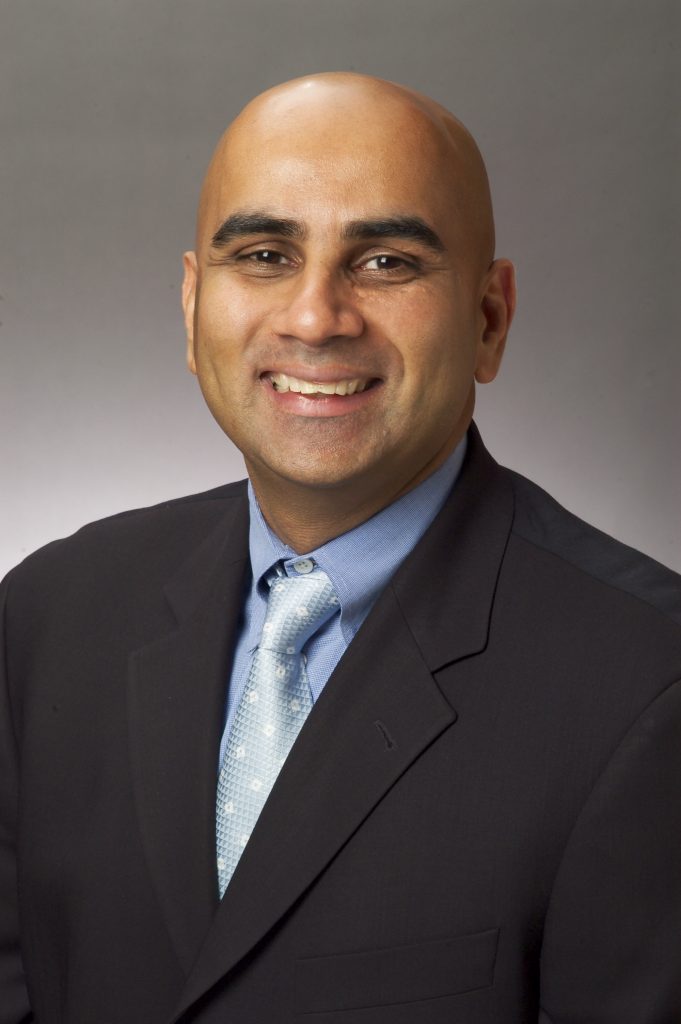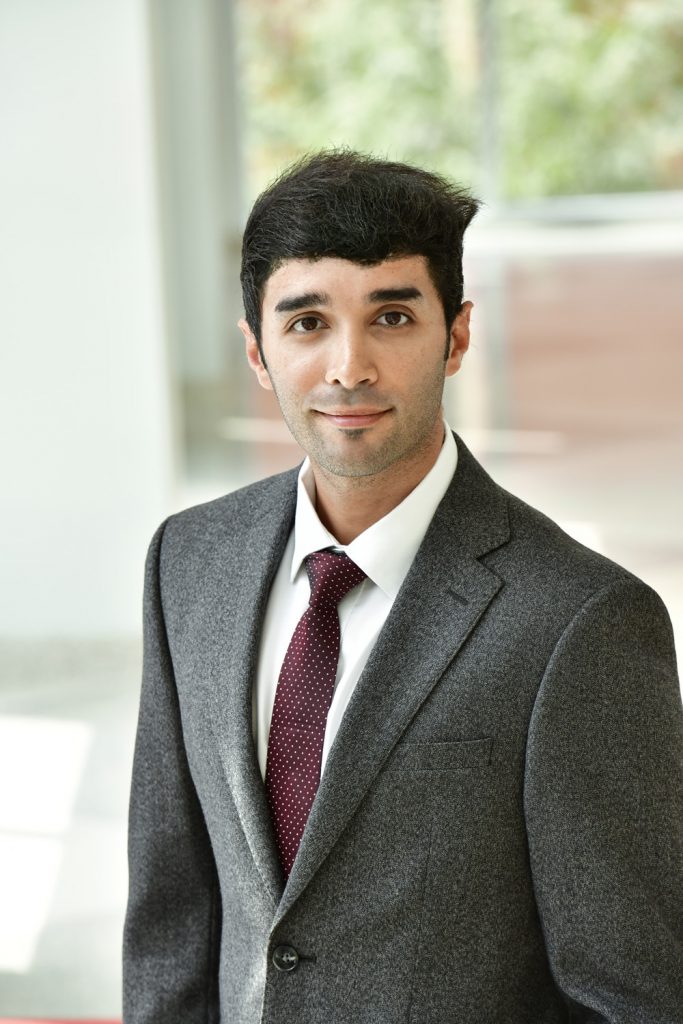As Thomas Watson Jr., second president of IBM, said in a 1973 lecture, “Good design is good business.” Business requires infrastructure to run, and designers have historically been called on to build the means to move people and generate value. Today’s designers are building digital infrastructure to promote commerce and social activity in an increasingly internet-connected world.
Good designers never work in isolation; instead, they draw upon the work of their peers and predecessors, gathering feedback and gaining critical insights from the vast network of academics and professionals contributing to the information systems discipline.
The Association for Information Systems honored two Fox School faculty with awards during the association’s annual International Conference on Information Systems (ICIS). Held this year in Austin, Texas from Dec. 12-15, hundreds of information system researchers and practitioners attended from around the world to foster community and recognize the achievements of its members. Recipients of awards have made significant contributions to the teaching, research, service, design and community of the information systems discipline.
Munir Mandviwalla, professor of Management Information Systems (MIS) and executive director of the Institute for Business and Information Technology (IBIT) and Taha Havakhor, assistant professor of MIS, both took home awards.
Mandviwalla received the Association for Information Systems (AIS) Technology Challenge Award for his work in community building for information systems academics and practitioners, to develop an online forum to communicate and network during the pandemic.
“We got together at the beginning of the pandemic and brainstormed what we could do to help the IS (information systems) community,” says Mandviwalla. “We created a forum and kept it going with interesting content that would help them with teaching, research and sharing ideas. It became a thriving community.”

Havakhor won the AIS Early Career Award, which recognizes emerging individuals who have already contributed, through teaching and research, significant value to the information systems field. Havakhor researches the transformative value of digital strategies on business and society, teaching coding and software development to Fox students.
“Students are becoming innovators,” says Havakhor. “They need the formal education that allows them to become that.”
“When you’re engaging with a client without formal training in design, you have to guess what their needs are,” says Mandviwalla. “People who can do UX (user experience) design have a much better intuition for what people need.”
In their work, Havakhor and Mandviwalla challenge students to think critically about the impacts of information technologies as they learn the technical aspects of coding and software development. Critical thinking, according to Mandviwalla, is an essential skill to develop while becoming a professional designer because it requires practitioners to combine intuition with technical expertise.
Being able to anticipate these needs requires knowledge and experience. Havakhor has recognized an eagerness amongst his students to develop their skills and apply them to real-world solutions.
“I believe it’s a positive shift,” says Havakhor. “We want students to think with digital tools, to innovate with digital tools. During the pandemic, IBIT helped small businesses in the Philadelphia region shift to e-commerce, and the drivers of those efforts were our students.”
As the founding chair of Temple’s MIS department, Mandviwalla directly contributed over the last two decades to the ongoing development of this discipline, while Havakhor’s award acknowledges that he has made a significant impact within the first five years of earning his PhD.
“My goal moving forward is to be question-driven with the work that I do,” says Havakhor. “The questions about the nature of technology have changed, and I hope to similarly shift and respond to some of these new but pressing questions.”
